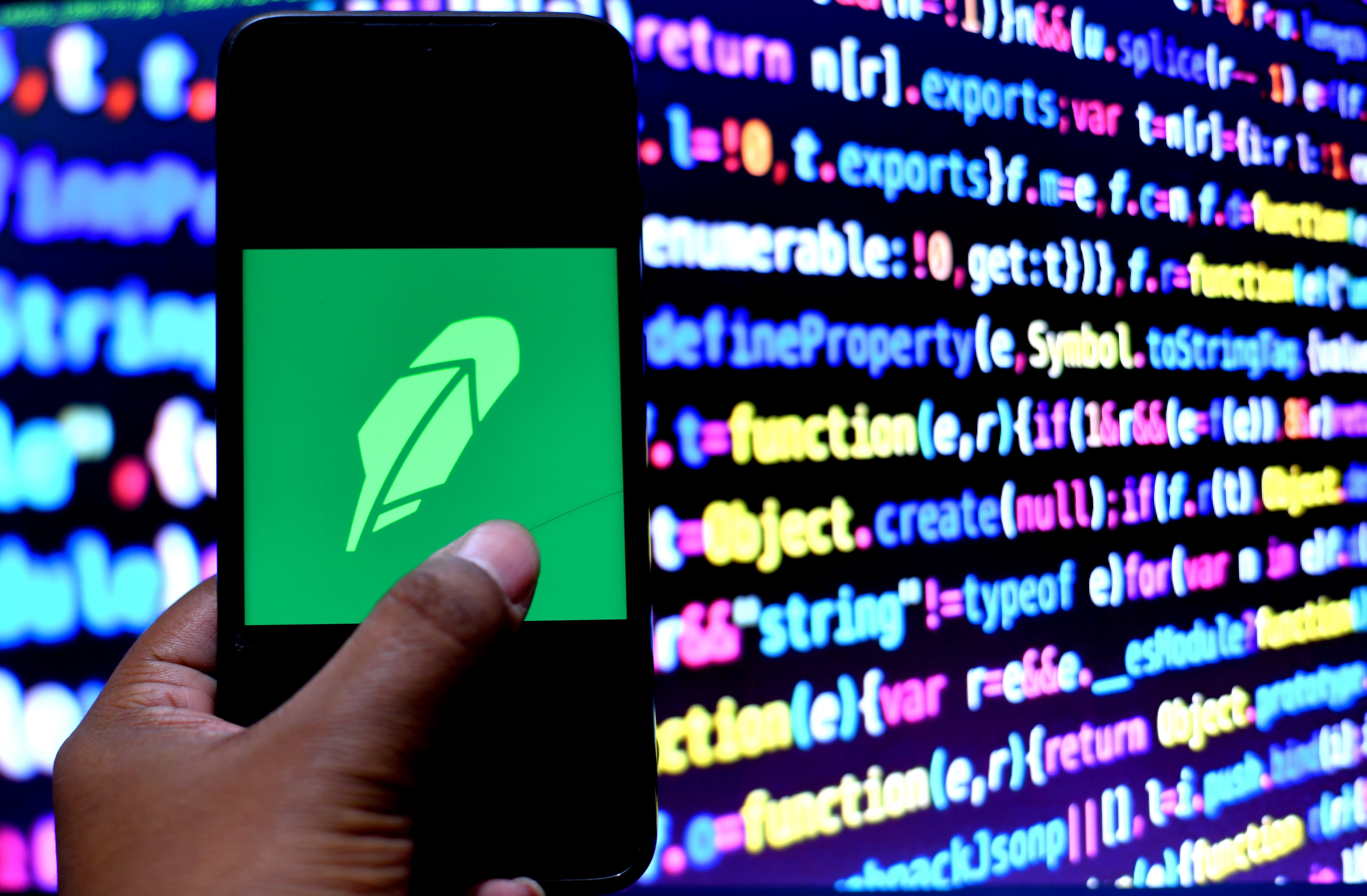
Cam Adair was so deep into his video gaming addiction, he says it almost killed him.
"I was young. I probably played like 16 hours a day, all day, every day. I dropped out of high school twice, I pretended to have jobs and deceived my family. I got to a point where I wrote a suicide note. And it was kind of that night when I realized I needed to make a change."
Today, after years of counseling, Adair is alive and well and the founder of Game Quitters.
Alex Kearns, a 20-year-old customer of the trading app Robinhood wasn't so lucky. He took his life last summer after believing he had racked up a loss of $730,000 on Robinhood.
His parents lay the blame squarely on the investing company, pointing out Kearns tried multiple times to get help on a customer service line, to no avail. Kearns' family has since filed a wrongful death lawsuit against Robinhood.
At a House Financial Services Committee hearing Thursday, Robinhood's CEO, Vlad Tenev, said, "The passing of Mr. Kearns was deeply troubling to me and to the entire company, and we have vowed to take a series of steps, very aggressive steps to make our options product safer for our customers."
Lawmakers are asking tough questions about the fairness of the platforms and the allure of the apps
"Is retail individual retail participation in the marketplace gambling?" asked U.S. Rep. Bill Huizenga, R-Mich., at the hearing Thursday.
The resounding answer from those with a vested interest in avoiding gambling's bad rap and burdensome, costly regulation was a resounding "No."
Tenev disputed the gamification of Robinhood saying, "We know that investing is serious, and we're investing in all of the educational tools and customer support to help people on their investing journey."
"I believe the vast majority of retail participation are people saving to meet their dreams," said Ken Griffin, CEO of hedge fund Citadel.
"Investors are able to participate in the market just as insitations are able to participate," said Reddit trader Keith Gill, who was pushing GameStop's potential as the stock soared from $18 around New Year's Day to more $480 later in January.
But experts in gambling addiction categorically disagree. "Investing whether it's on the stock market through, you know hedge funds, doing derivatives or whatever, is that this is actually a form of gambling," said Mark Griffiths, a behavioral addiction professor at Nottingham Trent University in the U.K.
And investing is beginning to look and sound more and more like gambling and video gaming. For instance, video game Space Shooters gives away free treasures. Sports gambling platform FanDuel offers free bet insurance and Robinhood gives away free stock.
"When I watch, for instance, a video game player and somebody playing a slot machine, behaviorally and psychologically, that they're acting in almost entirely the same way. The only difference is that the video game players are using points to keep score, whereas gamblers, you know, using the kind of how much they've won and lost as a way of keeping score," Griffiths said.
He has studied addictive behaviors for years and works as a consultant to companies like Entain, a U.K.-based gaming company that co-owns BetMGM with MGM Resorts. Entain is launching a comprehensive initiative to address problem video gaming and esports.
Entain and other casinos like MGM and Caesars are recognized within the industry for the leadership on problem gambling. But gaming regulators require companies to shoulder responsibility to varying degrees for initiatives against problem gambling.
"The gambling industry has realized that problem gamblers are not good for your long-term business, because they have a short shelf life," said Griffiths.
The betting companies see that it boosts the bottom line in the long run, but it may also forestall costly regulation.
In the U.K., regulators now require gambling companies to use the data they collect on their players to identify markers of harm, like significant changes in betting behavior. Informed user consent technology gives specific feedback to help players make decisions that are more advantageous to them.
'What you're seeing from both investing to gambling to gaming are these industries really trying to learn from each other," said Adair. "One of the biggest ways that they've done that is by increasing accessibility, making it easy to engage in their products and easy to spend money."
For Adair who travels the world to talk to students and parents about the dangers of addictive behaviors, education is crucial. "I think we need to pay a lot more attention to this."
Disclosure: CNBC parent Comcast and NBC Sports are investors in FanDuel.
"What" - Google News
February 20, 2021 at 05:54AM
https://ift.tt/37vxn7g
What Robinhood could learn from gaming companies about gambling addiction - CNBC
"What" - Google News
https://ift.tt/3aVokM1
https://ift.tt/2Wij67R
Bagikan Berita Ini














0 Response to "What Robinhood could learn from gaming companies about gambling addiction - CNBC"
Post a Comment